-

© HTW Berlin/Alexander Rentsch
20.05.2025Strengthening generative AI in research and teaching
The KI-Werkstatt (AI Workshop) at the HTW Berlin University of Applied Sciences (HTW Berlin) brings together the university’s expertise in an interdisciplinary manner to research the practical use of AI. This benefits local SMEs and startups, but most of all it benefits research and teaching manners. Students are closely involved in every project right from the start. Prof. Dr. Christina Kratsch, Professor of Artificial Intelligence and Software Engineering at HTW Berlin, explains how the KI-Werkstatt explores potential applications in companies and supports their implementation. And she explains what makes the project special.
“The KI Werkstatt actually comprises three things,” says Prof. Dr. Christina Kratsch. “Firstly, it is a showroom where you can see demonstrators on the subject of Artificial Intelligence and talk to AI experts. Secondly, it is a lot of technology: A large computing cluster that we can use at the university, but also in cooperation with companies. And thirdly, the KI Werkstatt is a very loose, creative, sometimes somewhat chaotic, but always well-functioning network of people who do something with AI at HTW Berlin.”
Christina Kratsch is one of these people. Since 2022 she has been working as a Professor for Artificial Intelligence and Software Engineering at the HTW Berlin University of Applied Sciences. And she has been part of the interdisciplinary workshop team for just as long, which includes communication designer and media artist Prof. Andreas Ingerl, game designer and Brain City Ambassador Prof. Thomas Bremer, machine learning specialist Prof. Dr. Erik Rodner and business information scientist Prof. Dr. Katharina Simbeck, whose research focuses on the impact of Artificial Intelligence on education, human resources and society. “I focus on exciting use cases,” explains Christina Kratsch. “Companies come to us and ask: What do we do with AI now? And what added value can it offer us?’
Researching where and how AI technology can be applied in practice in a solution-oriented manner has been the objective of the university project funded by the Federal Ministry of Education and Research (BMBF) since its launch in 2021. Above all, however, the KI Werkstatt focuses on teaching and learning, as Christina Kratsch emphasises. “We want to group together everything that is happening in the world with AI, whether in art, society or business, and bring it into teaching as practical, exciting projects.”
Introduction of generative AI in the four-phase model
Finding ideas for projects is no problem for the team. “Courses at HTW Berlin almost always take place in cooperation with companies. Most of these are Berlin medium-sized companies. I am always amazed at the highly complex products that are manufactured locally. Most of these companies are already quite advanced in terms of digitalisation. They are also very keen to innovate. However, many are faced with the question of how they can use generative AI meaningfully.” To explore potential use cases, Christina Kratsch and her Werkstatt colleague, business information scientist Prof. Dr. Stefan Wittenberg, are happy to visit companies on site. This is where they can explore feasibility, research and development potential better. Once a project is up and running, the process follows a four-phase model developed by Stefan Wittenberg for the introduction of generative AI in companies. It supports SMEs in the identification of use cases, the business evaluation, the selection of a technical solution, the piloting of industry-specific applications through to scaling. In the first “Discovery phase”, potential application scenarios are initially derived both from the company’s data, e.g. from process and job descriptions, and from a top-down management perspective. In addition, employees contribute specific optimisation ideas to the process derived from day-to-day business using the “bottom-up” principle. These are then prioritised, evaluated and validated in ideation workshops together with experts. At the end of this Scoping phase, an AI roadmap is drawn up for the company’s top use cases. Teachers and students from the KI Werkstatt also support the company during the subsequent “Piloting phase”. Scaling, roll-out, monitoring and any adjustments are then carried out by the company itself in the fourth “Scaling phase”. However, the KI Werkstatt provides support on request in training employees or setting up teams and advises on safety or ethics issues, for example.
One successful practical example is Finetech: A global mechanical engineering company, which specialises in fastening technology, approached the KI Werkstatt at HTW Berlin with the strategic goal of integrating AI into its processes. “Finetech was already very well positioned digitally and is experiencing large growth,” explains Christina Kratsch. “The team led by our colleague Stefan Wittenberg then analysed the process from start to finish and created an AI roadmap. This was compared with our database in terms of AI application options and matchpoints were defined. We also supported the company in prioritising, evaluating and selecting generative AI – and even in implementing it.” Students were closely involved in the process. They were able to contribute their personal strengths and preferences when selecting the topics. Kratsch: “Defining and incentivising innovation processes – that’s something that can be done very well at the university.”
Openness and willingness to innovate
However, the KI Werkstatt at HTW Berlin does not see itself as competition for IT service providers and consulting firms. “We are not based on a business model, but are exclusively looking for research-intensive topics,” says Kratsch, who worked as a consultant and research director in the field of Big Data Analytics before joining HTW Berlin. “Our topics would also be too prototypical for consulting firms. The primary goal is always good teaching for the students.” Christina Kratsch now hardly observes any reservations on the part of companies regarding the implementation of AI. “This is probably due to the general dynamics. Anyone can now try out generative AI on an individual level. Five to ten years ago, the situation was very different for the still very important classic AI – i.e. pattern recognition, prediction, clustering. In comparison, I find that medium-sized companies in particular are very open today.” However, the digital infrastructure of many SMEs is still not well established – a basic prerequisite for the value-added use of generative AI.
Christina Kratsch finds Brain City Berlin, where she has lived for around three years, to be extremely innovation and startup-friendly. “I have only experienced such openness to experiments and new things in a few cities. There are many highly innovative medium-sized companies here that are open to AI research topics.” The KI Werkstatt team also makes intensive use of the close scientific ties at the location. “For example, we work with the GFaI Society for the Advancement of Applied Computer Science in Berlin Adlershof,” says Kratsch. Another advantage of the city: There are many young people here who want to learn and make a difference.”
Utilising AI within the university as well
The KI Werkstatt team uses the students’ spirit of research and enthusiasm for learning to promote the implementation and understanding of Artificial Intelligence within the university: by providing knowledge modules for teaching, but also through the interdisciplinary teaching of AI skills – from the basics to ethical issues and research-related specialisations. One strategically particularly exciting project was initiated by the current Chancellor of HTW Berlin, Prof. Dr. Tilo Wendler: A chatbot developed by Florian Dewes, a research assistant in the KI Werkstatt, has been in use at the university since 2024. The AI assistant answers students’ service questions around the clock – for example about deadlines, documents or contact persons. If necessary, they are forwarded to the relevant departments. AI and personal advice complement each other perfectly here. Work processes are streamlined, especially during peak workloads such as at the start of the semester
The KI Werkstatt at HTW Berlin has now been in existence for around four years. The original founders take a positive view: “The close collaboration with the university management and many committed research partners in Berlin have made the workshop a central location for practical AI education and transfer.” Despite all the successes, however, the prospects for the project are not unclouded. This is because the infrastructure of the KI Werkstatt originated from a third-party-funded research project that will come to an end this year. “There is currently still a lack of funds for the future operation of the systems at the current level and for the technical support of new projects,” says Christina Kratsch. The HTW university management and the Werkstatt team are currently working actively on a sustainable solution. Not an easy task given Berlin’s current financial situation.
Author: Ernestine von der Osten-Sacken
More Information
Workshop discussions of the KI Werkstatt at HTW Berlin
Anyone who would like to get to know the KI Werkstatt is welcome to come along. The workshop discussions for decision-makers from business and innovation will start at the beginning of June. Participation is free of charge.
Wednesday, 4 June 2025
5:30 pm 9:30 pm
Register here
KI-Werkstatt at HTW Berlin (German only)
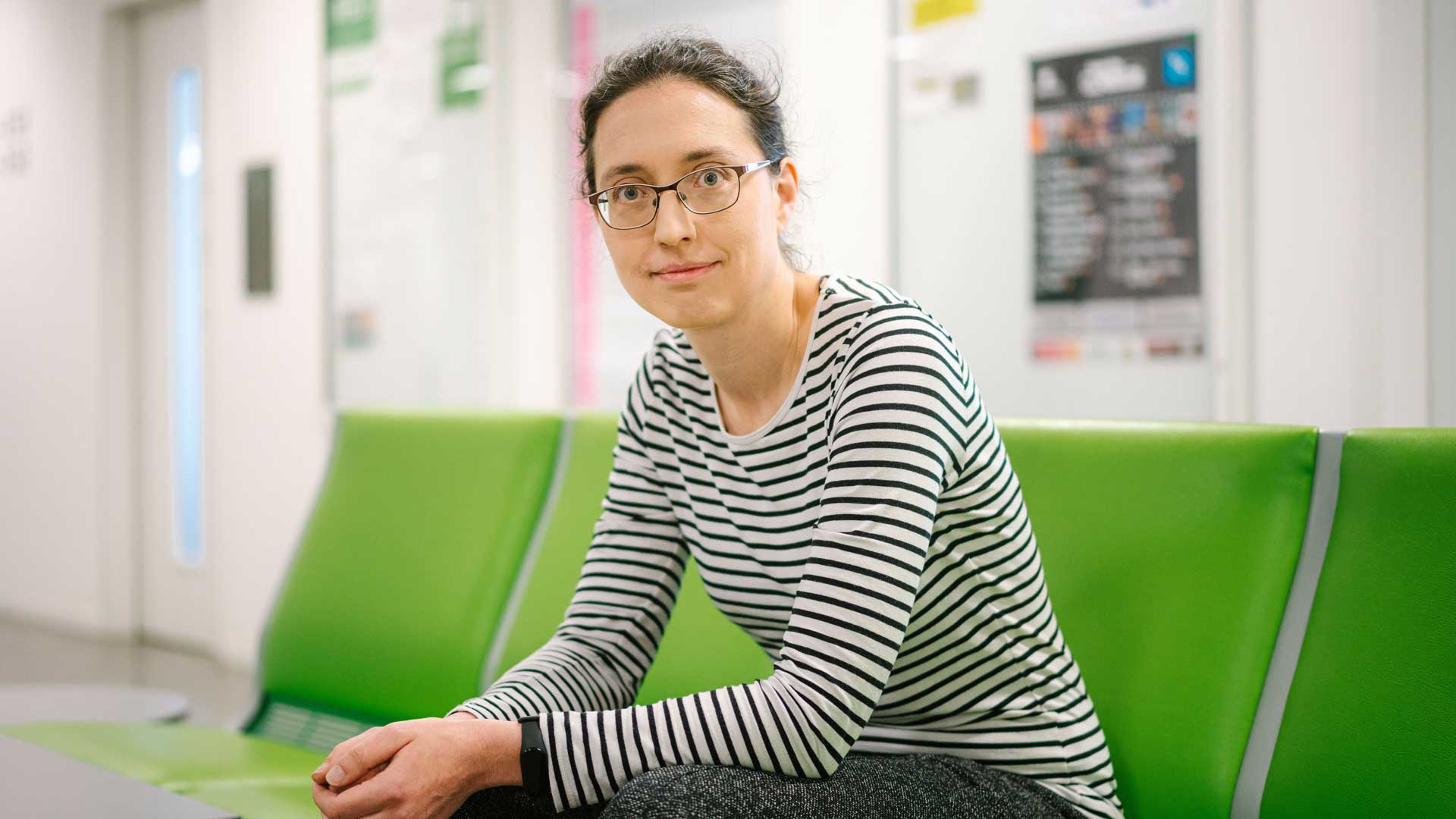
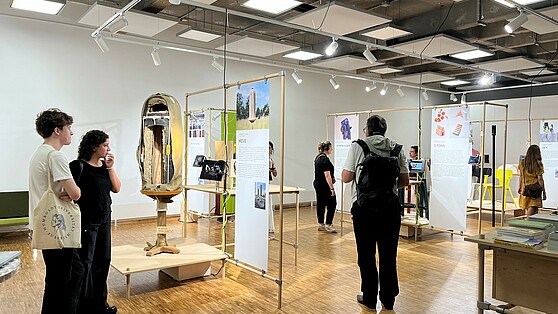
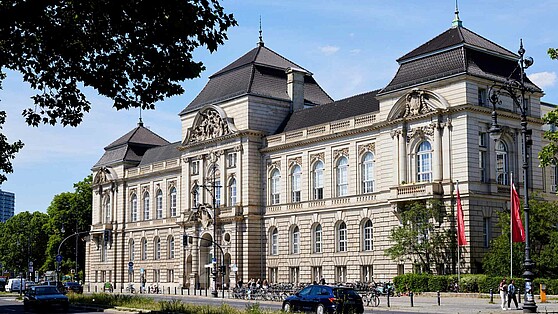


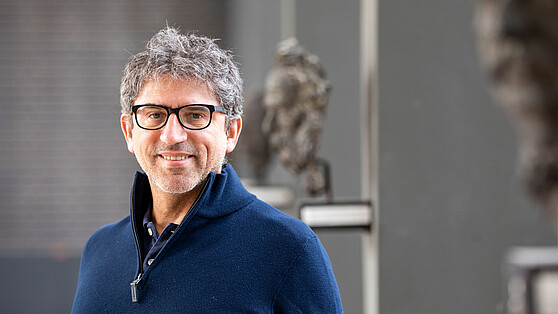
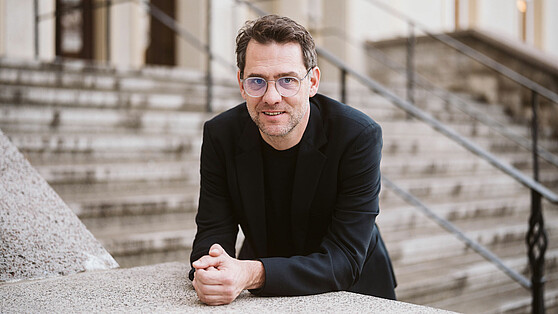

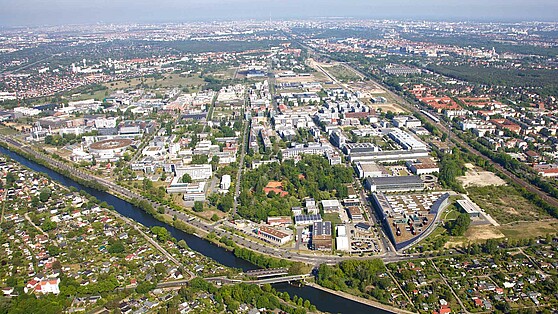
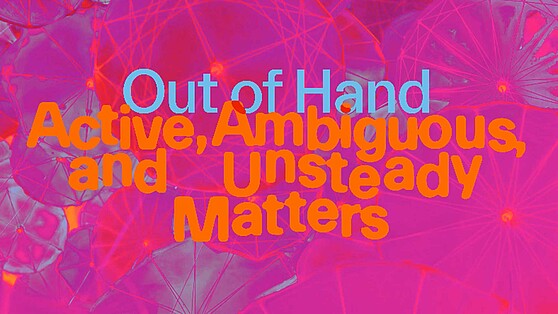

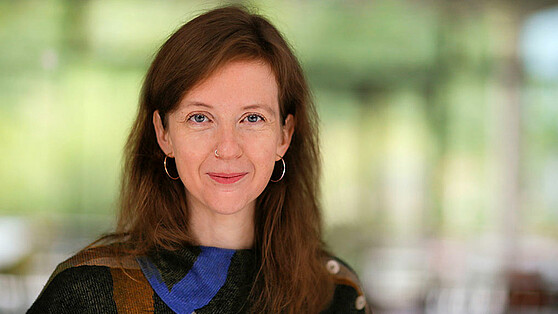

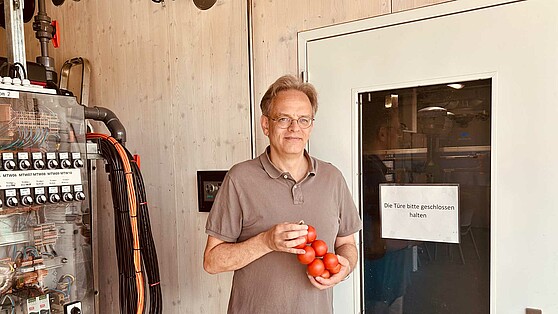






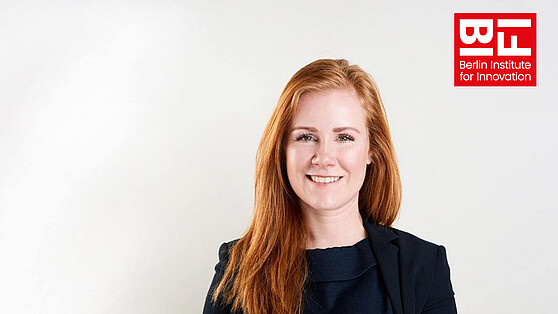












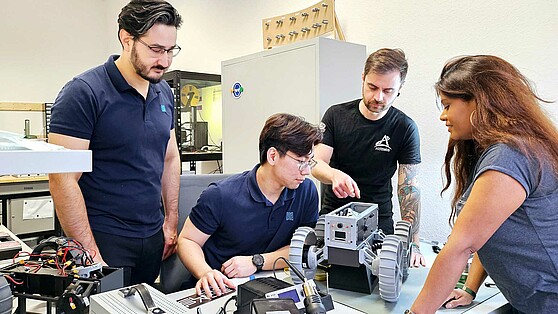




































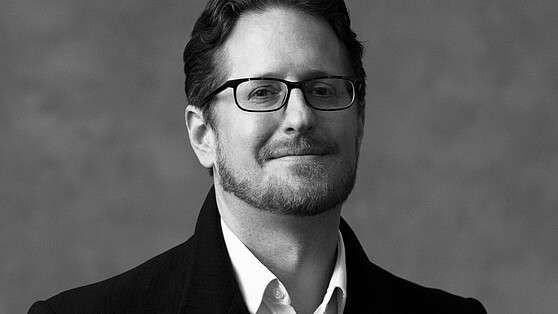




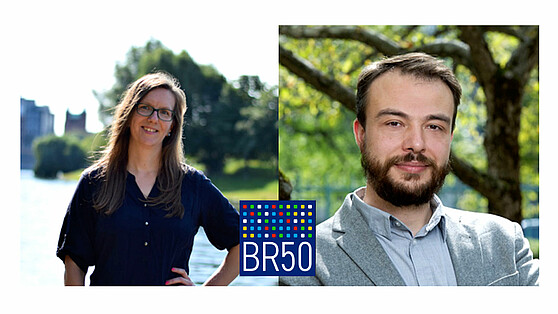










































![[Translate to English:] [Translate to English:]](/fileadmin/_processed_/9/d/csm_bwasihun-vdo_558x314_c0d384ce60.jpg)
![[Translate to English:] Berlin University Alliance/Matthias Heyde [Translate to English:]](/fileadmin/_processed_/5/a/csm_Berlin_University_Alliance_Matthias_Heyde-558x314_4bc591ca3c.jpg)
![[Translate to English:] David Ausserhofer/IGB [Translate to English:]](/fileadmin/_processed_/6/f/csm_Hupfer__Michael_____R__David_Ausserhofer_588x314_6fef164e57.jpg)
![[Translate to English:] Helena Lopes / Unsplash [Translate to English:]](/fileadmin/_processed_/b/6/csm_helena-lopes-1338810-unsplash_558x314_857802ad2f.jpg)
![[Translate to English:] HZB/M. Setzpfandt [Translate to English:]](/fileadmin/_processed_/f/a/csm_LNDW_HZB_558x314_e1e3500ed5.jpg)
![[Translate to English:] Tim Landgraf [Translate to English:]](/fileadmin/_processed_/0/7/csm_Car2CarEnergySharing_Tim_Landgraf_558x314_485bf716e9.jpg)
![[Translate to English:] [Translate to English:]](/fileadmin/_processed_/b/6/csm_Open-Access_Berlin-Partner_Wu__stenhagen_558x314_dd0c6e714d.jpg)
![[Translate to English:] Thomas Rosenthal - Museum für Naturkunde Berlin [Translate to English:]](/fileadmin/_processed_/6/d/csm_Museum_fu___er_Naturkunde_Berlin_Thomas_Rosenthal_f11b8ba056.jpg)
![[Translate to English:] [Translate to English:]](/fileadmin/_processed_/f/c/csm_TU_Berlin_Cem_Avsar_558x314_4b07bcb055.jpg)